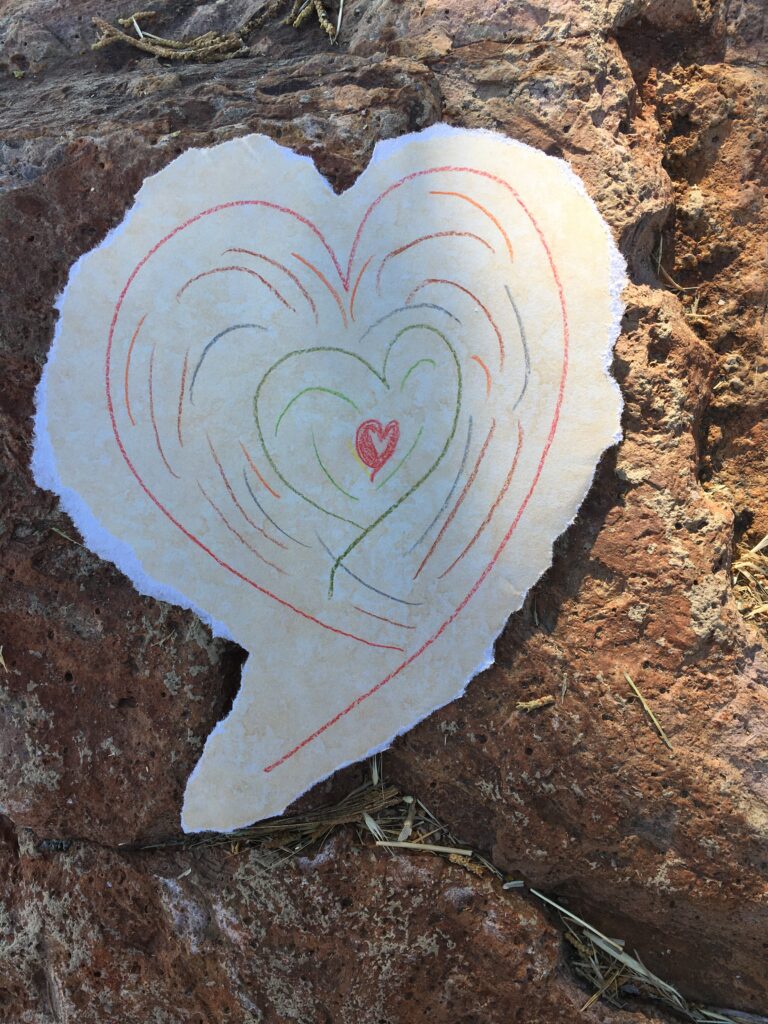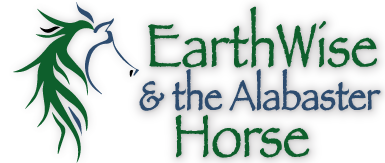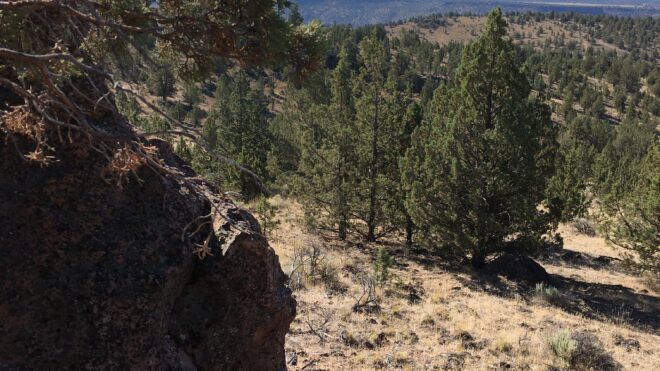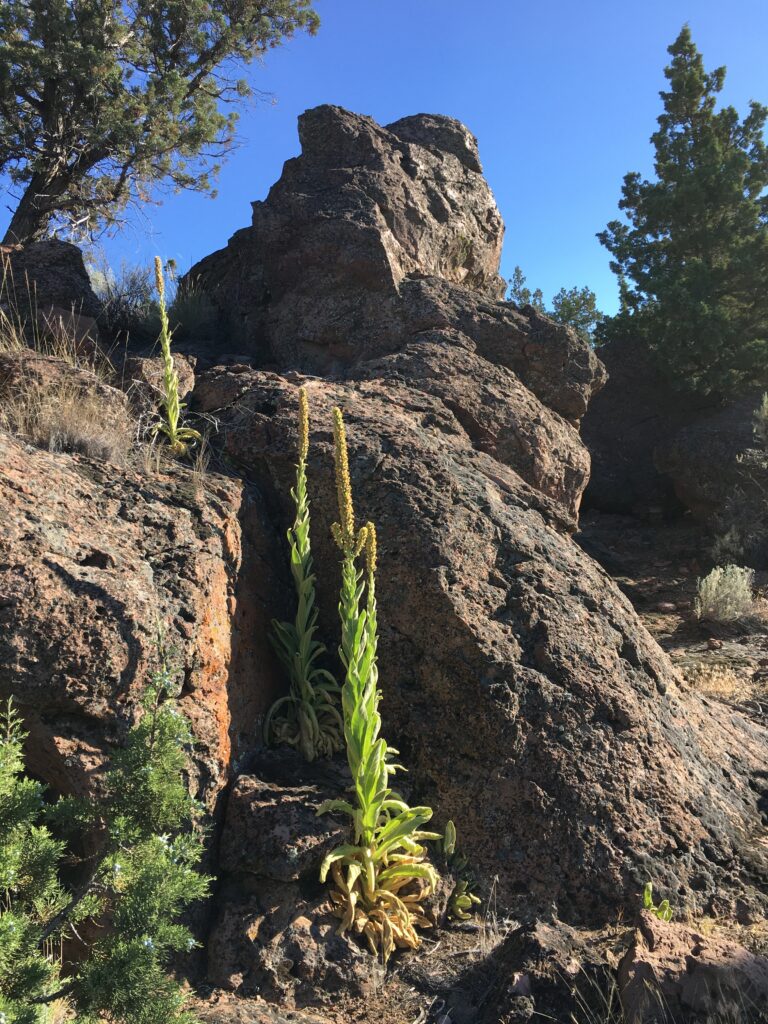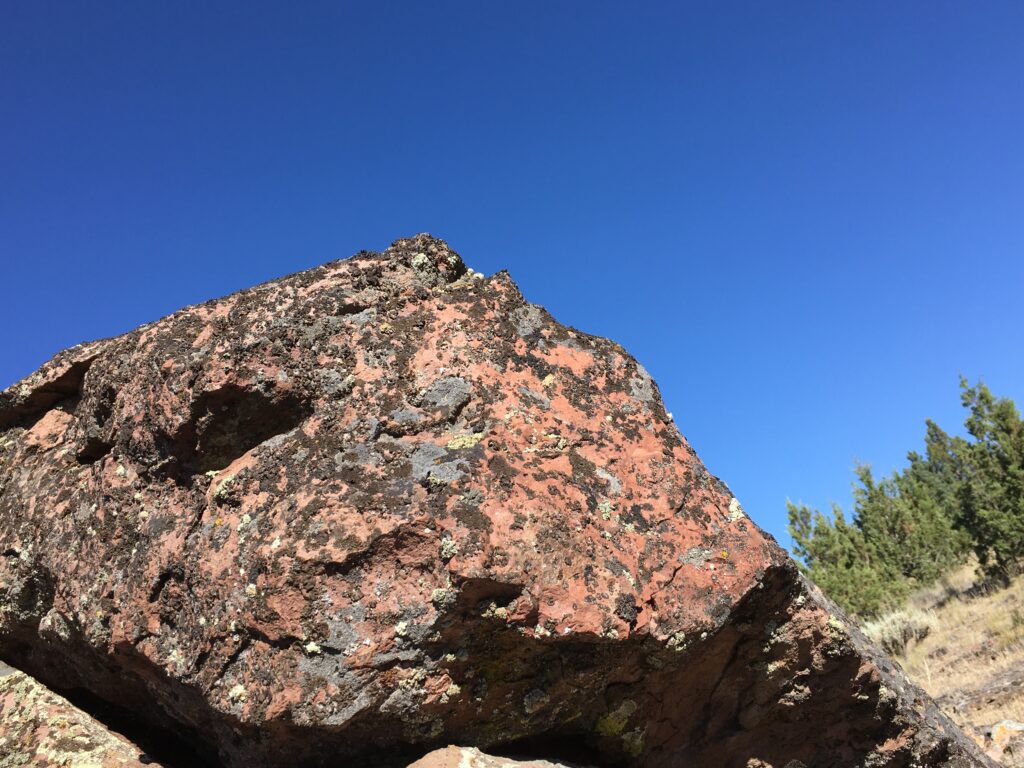Vignette
\vin-yet\
Etymology (a word’s history)
1) 1751, “decorative design,” originally a design in the form of vine tendrils around the borders of a book page, especially a picture page, from French vignette, from Old French diminutive of vigne “vineyard” (see vine). Since transferred from the border to the picture itself, then (1853) to a type of small photographic portrait with blurred edges very popular mid-19c. Meaning “literary sketch” is first recorded 1880, probably from the photographic sense.
https://www.etymonline.com/word/vignette#etymonline_v_7784
2) Definition of vignette (noun) vi·gnette
1a: a picture (such as an engraving or photograph) that shades off gradually into the surrounding paper
b: the pictorial part of a postage stamp design as distinguished from the frame and lettering
2a: a short descriptive literary sketch
b: a brief incident or scene (as in a play or movie)
3a: running ornament (as of vine leaves, tendrils, and grapes) put on or just before a title page or at the beginning or end of a chapter
also : a small decorative design or picture so placed
vignette (verb) vignetted; vignetting
Definition of vignette (verb)
1: to finish (something, such as a photograph) like a vignette
2: to describe briefly
https://www.merriam-webster.com/dictionary/vignette#other-words
Today, I walk at Skull Hollow. July 20, 2020 8:47 AM after walking for a time, I find a flat rock to sit on, in the shade of a juniper tree. I am in a dry coulee. Crunchy dry. It’s heating up. With me is The Eight Master Lessons of Nature by Gary Ferguson. A warm breeze fingers around. Quiet reigns.
One of my favorite ways to write is in a series of vignettes. Short and descriptive paragraphs, just like the green words in the definition above. In the etymology definition, the word originates from “vineyard” or “vine”. I am enchanted by this. Vines have always captivated me. And vineyards fascinate me. It is the long tradition of making wine from grapes, grown on ancient vines rooted deeply in place. Today as I walked, I thought about vignettes.
This: my life is a series of vignettes. Each lived moment is strung together by breath and heartbeat. Each moment a brilliant precious bead, all a little different from the rest, on a shining strand. A twining bead-vine.
The land has a rhythm. You must learn to move and breathe in its harmony. Otherwise there is chaos. Deer know this. I have watched mule deer does move across a hillside. Browse-step-watch⇢one bead. Browse-step-watch⇢another bead. Between, in the strand that strings them together endlessly, each deer-bead’s heart beats and the hill takes a breath.
From The Eight Master Lessons of Nature: “Look deep into the mysteries of nature, he {Albert Einstein} liked to say, and then you will understand better.”
Writing in vignettes reflects the land around me. There are no fillers. No redundancies. There are sky, trees, grass, rocks, dirt. Birds and lizards. Oh, and the wayward lichens. (here we found what lichens have to say). My writing must become the same. Elemental, yet alive.
Bright red currants and their emerald green leaves exclaim against the grey shaggy bark of a juniper tree. I think of Christmas time. At least cooler.
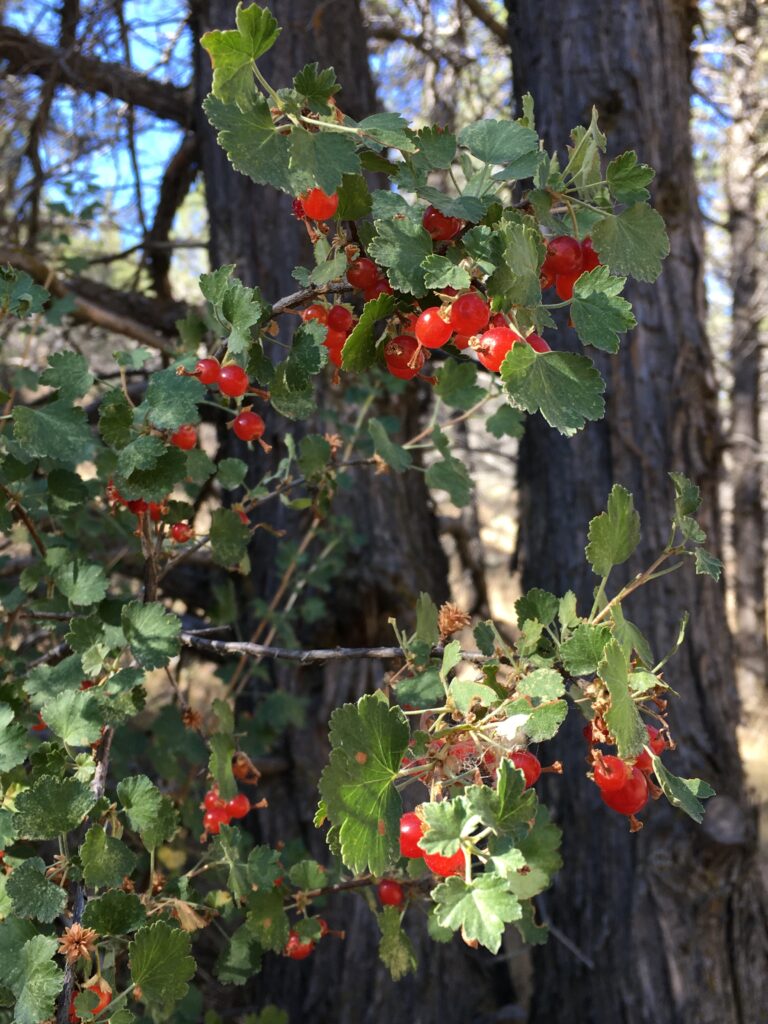
Minuscule and fluorescent, a green aphid traverses my left forearm, the hairs giving it a workout.
A male goldfinch lands on a shrub. He is a yellow blossom, fat and ready to pop. Improbably, the fat yellow blossom flies away on wings of black, white-tipped petals.
Upslope, the breeze sighs almost beneath the threshold of my hearing, through the juniper tree boughs. Today, even it will hide somewhere cool from the glare of the sun.
The Eight Master Lessons of Nature: “He {Einstein} said as much to his students too, advising them that if they had a choice between gaining knowledge and maintaining a relationship with mystery, they should choose mystery.”
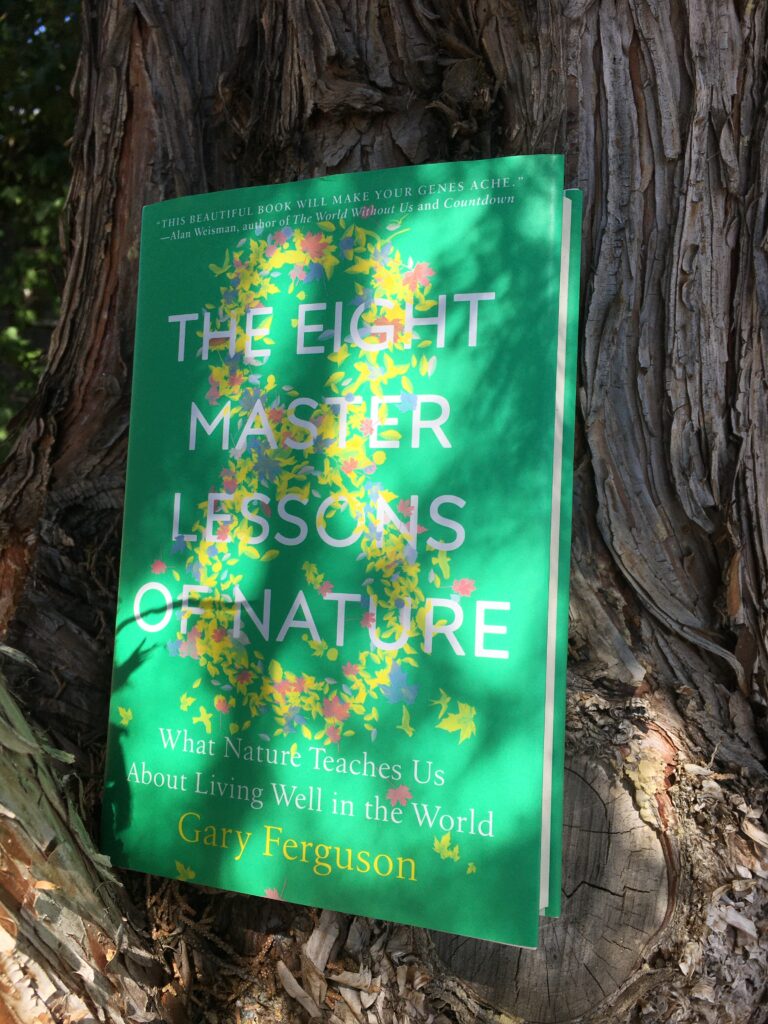
Wind can create its own notes. It does not require a medium other than itself to move through. Can I move through my own medium to create expression without outside influence? Here, I choose the mystery within.
Since I moved to Oregon last autumn, I have only seen one rattlesnake. It was flat and dead. I still leapt aside. My heart flew up into my throat and vibrated there, an agitated hummingbird. For the rest of my walk, I was jumpy. In this dry semi-arid climate, I wonder if the rattlers are more brown than the dull green of those in Montana. I do not look forward to discovering this. I will though, in the shard of a moment of pure startle-ment.
The flowers I pressed yesterday between the pages of my hiking journal look different today, besides flat. Their colors intensified. Their essence is still there, though. Besides the flowers, the journal has a cluster of flat sage brush leaves and the dusky bronze head of a grass. There is a momento from just about each day, collected with respect. Some days go naked in the journal except for words.
Yesterday
I hiked early with coffee. Delight. Of course a book; Refuge by Terry Tempest Williams. Any of her books are worthy reading companions if you seek to know the land.
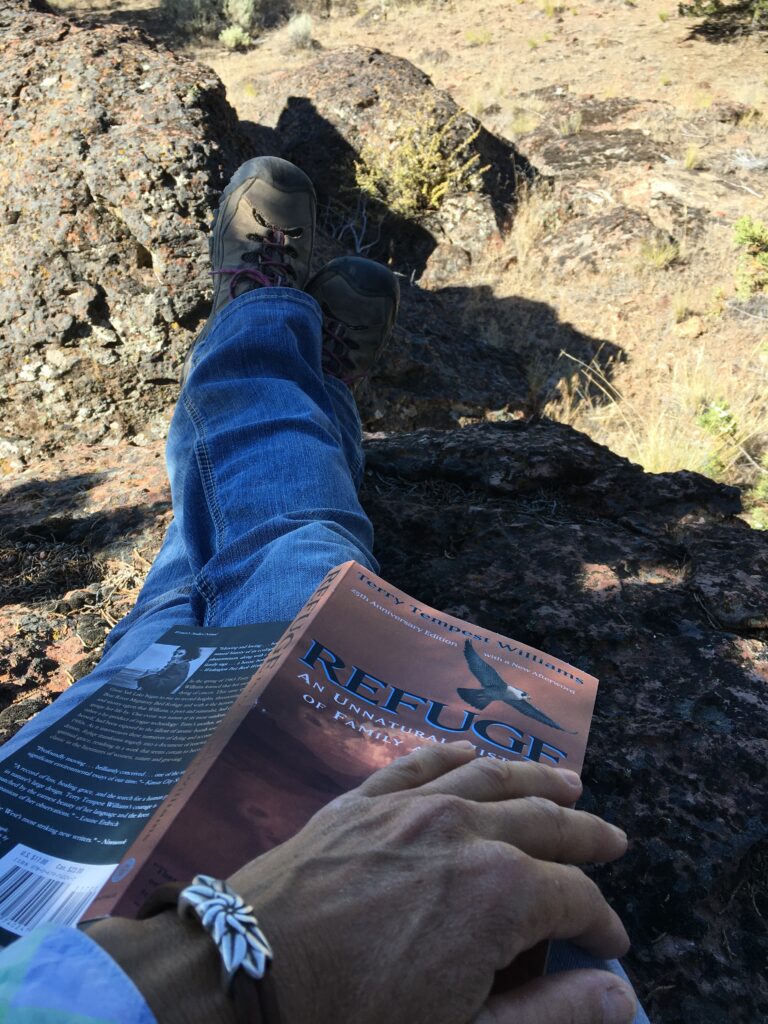
The pink boulder I sat on was covered in lichens. Orangy-gold. Blue-grey. Black. Sage green. Rust. Lime green. Those beings who implored me last week to not follow the rules. they re mind
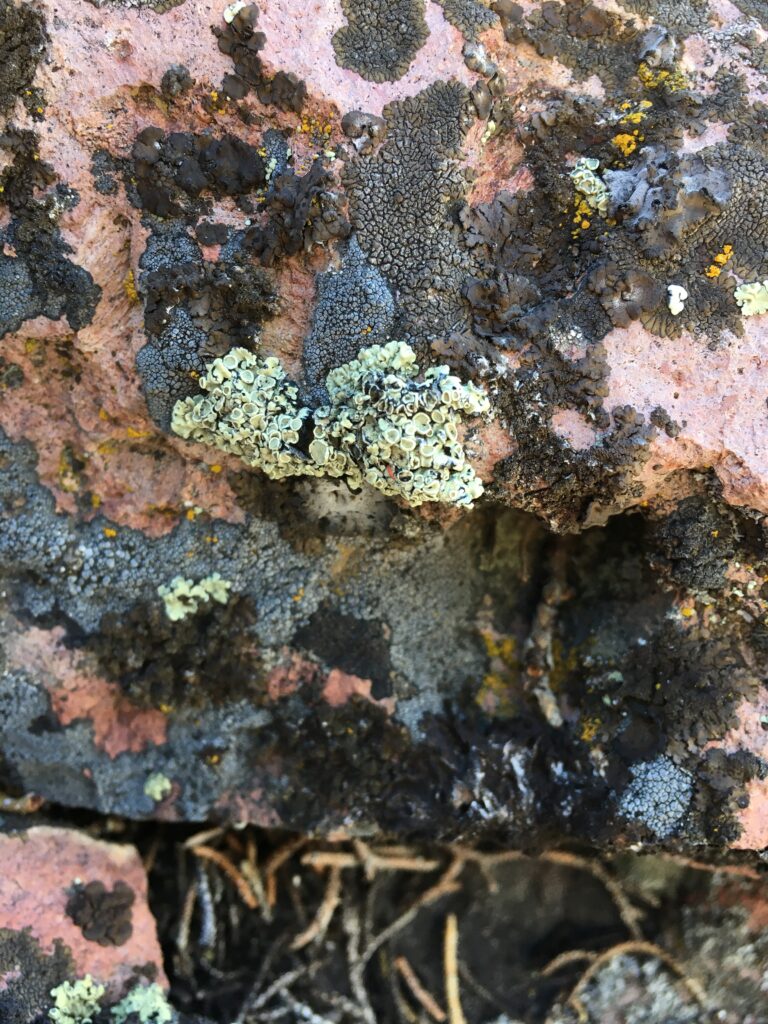
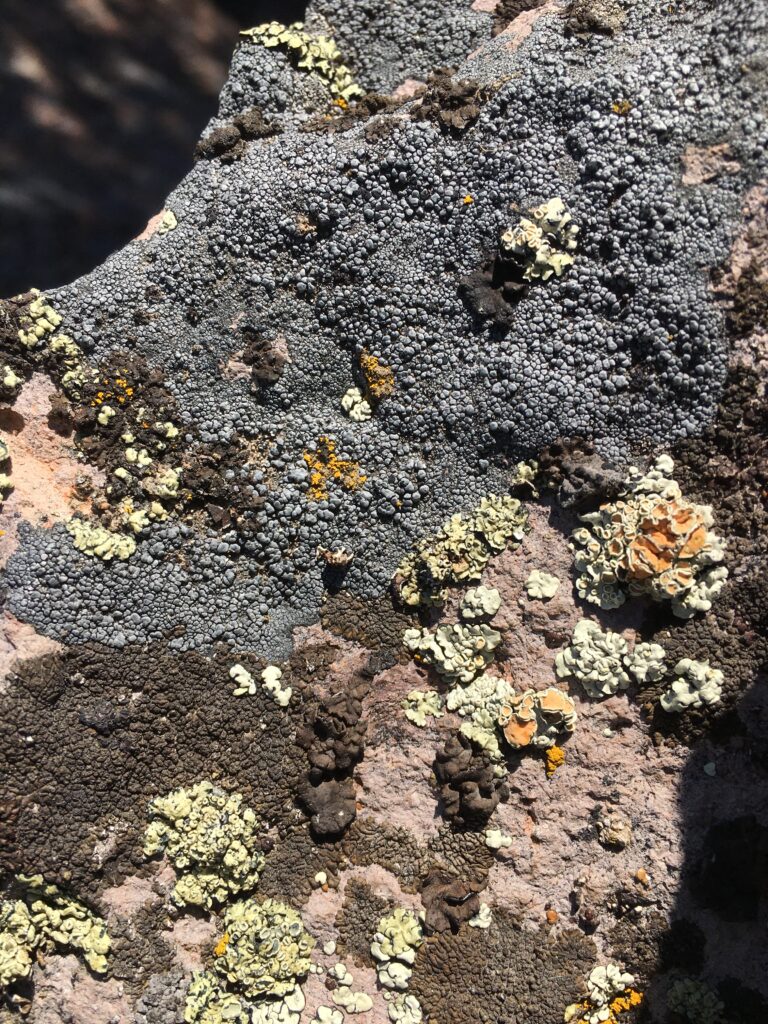
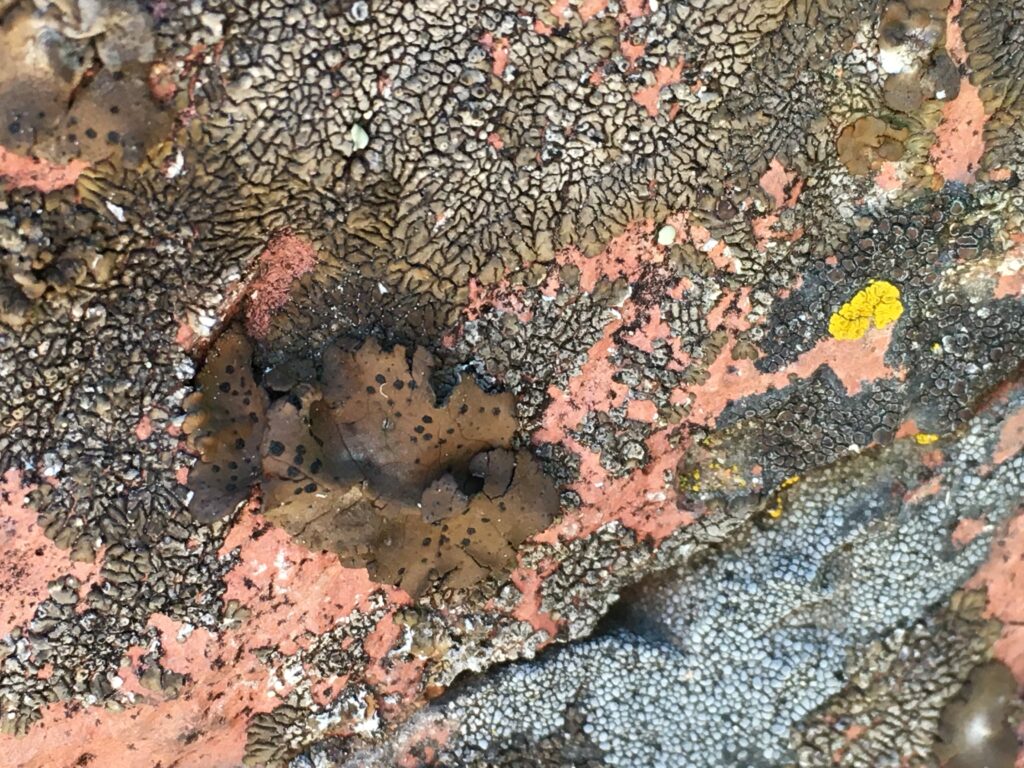
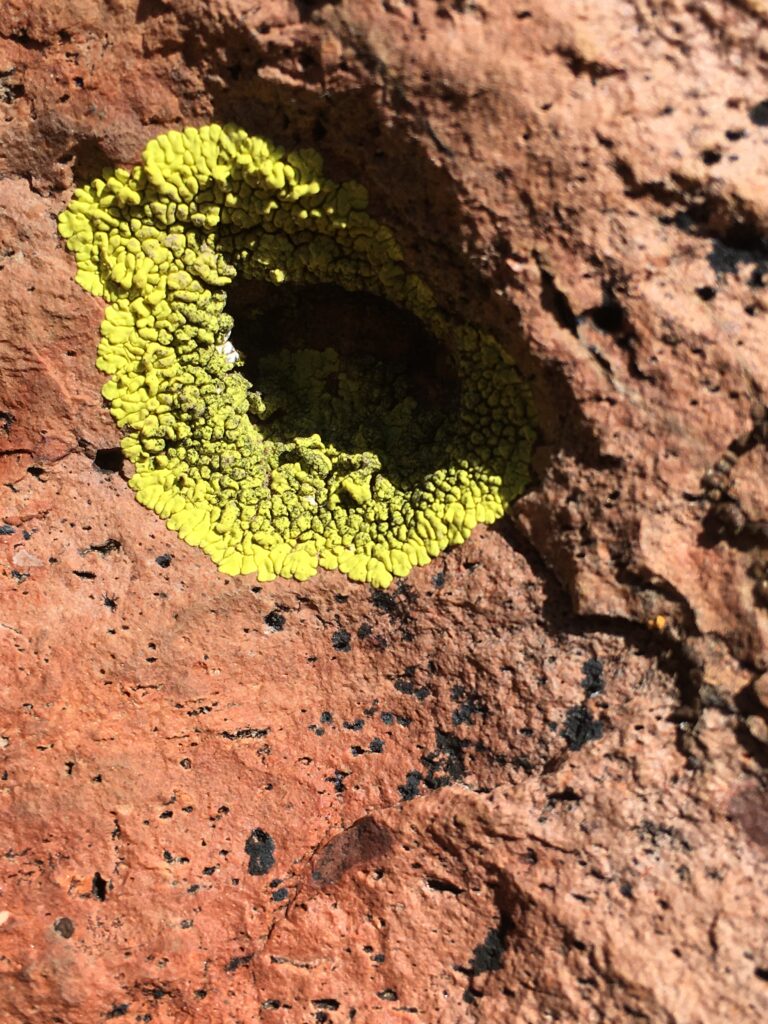
I am obsessed with walking with a book. Early morning walks beg coffee. Freshly ground, pressed with real cream. Mid-day, water. Sweet and wet. Evening, wine. A strong, dense red to match the land.
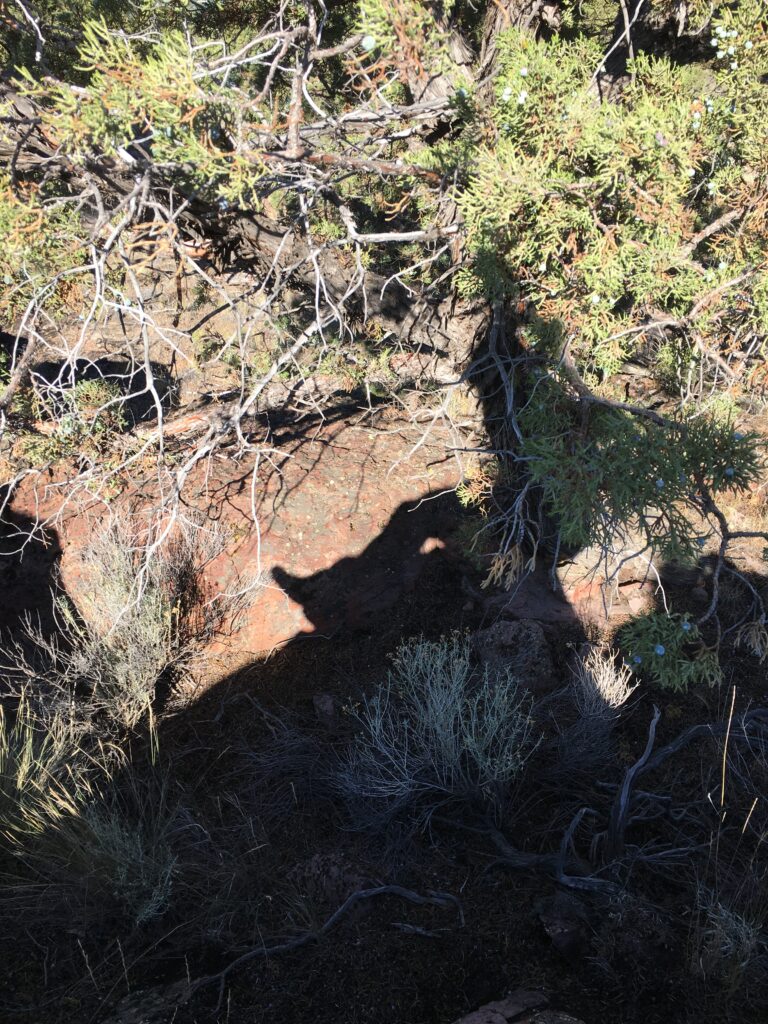
Somehow, wings have been added to my shadow!? 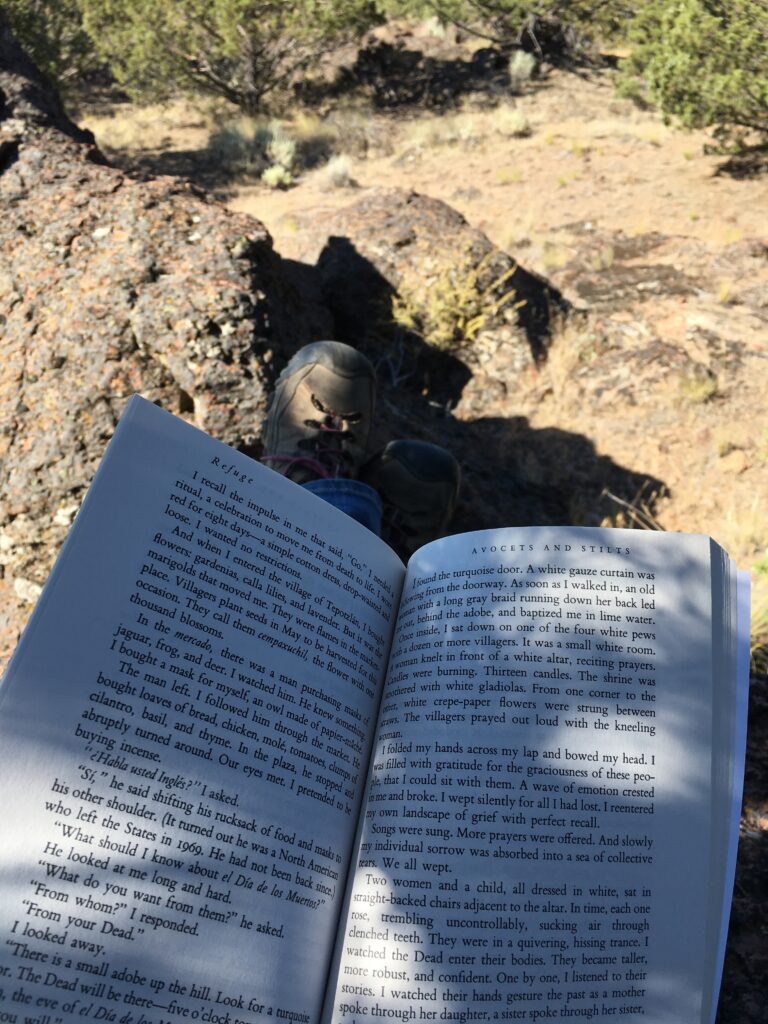
This land I go out upon, this is my refuge. Refuge from society; its consumerism, its artificiality, its constant human manufactured motion. Out here, all is real. Motion here is the sun and the shadows. My hand that draws these words. My eyes as they rove the landscape and bump over words on a page. The soft, warm breeze, an invisible honey that glides across my cheek. Notes of birdsong float on the honey-air. The hawk that soars high above. The lizard of impossible silver with the neon blue tail that just scuttled into a crack in the rock. Grasses and trees. Lungs and heart and blood. Even the rocks, though I cannot feel, see or hear their action, expand and contract infinitesimally with the heating and cooling of day and night.
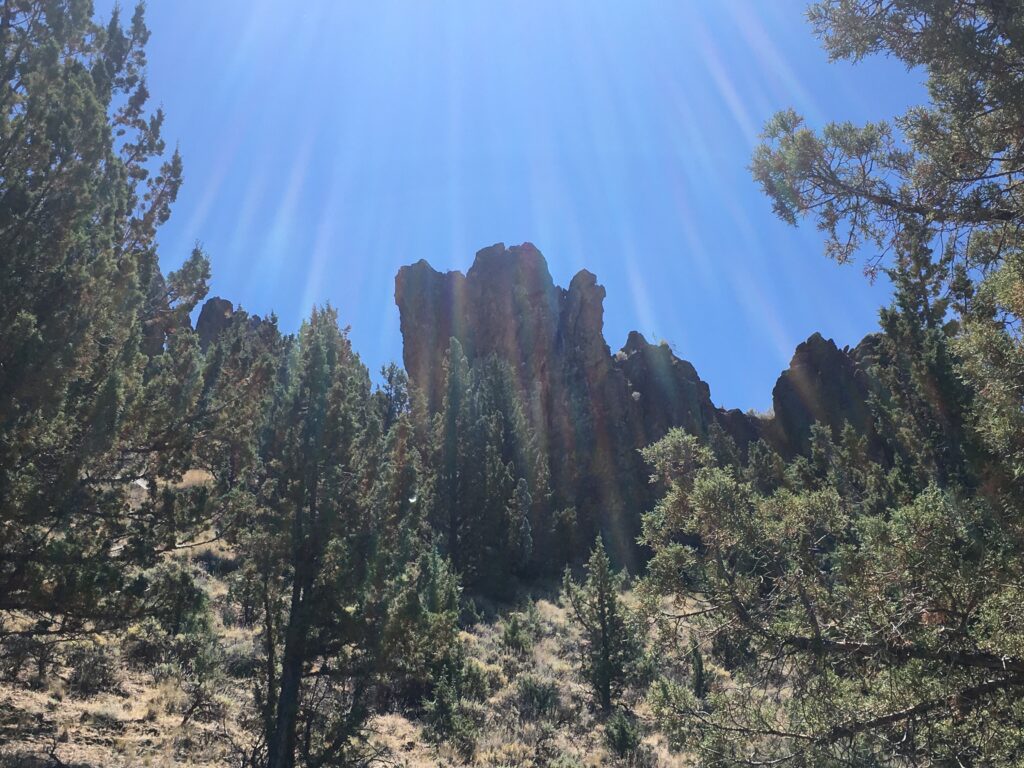
I do not want to leave. Sundays have become my day away from society. I wake early with a desire to leave the house and get out on the land with my book, journal and coffee. The landscape embraces me. The humanscape does not. The rest of the day is devoted to Clay, the horses, dogs and cats.
My body does not move from the rock when my mind urges, “Go.” My heart, I think, will stay here when my body rises and trudges off. It will dream, red and glistening, in the hollow of this rock. Someday, the lichens will spread across its surface. There, beneath their unruly pigments, my heart will thrum.
